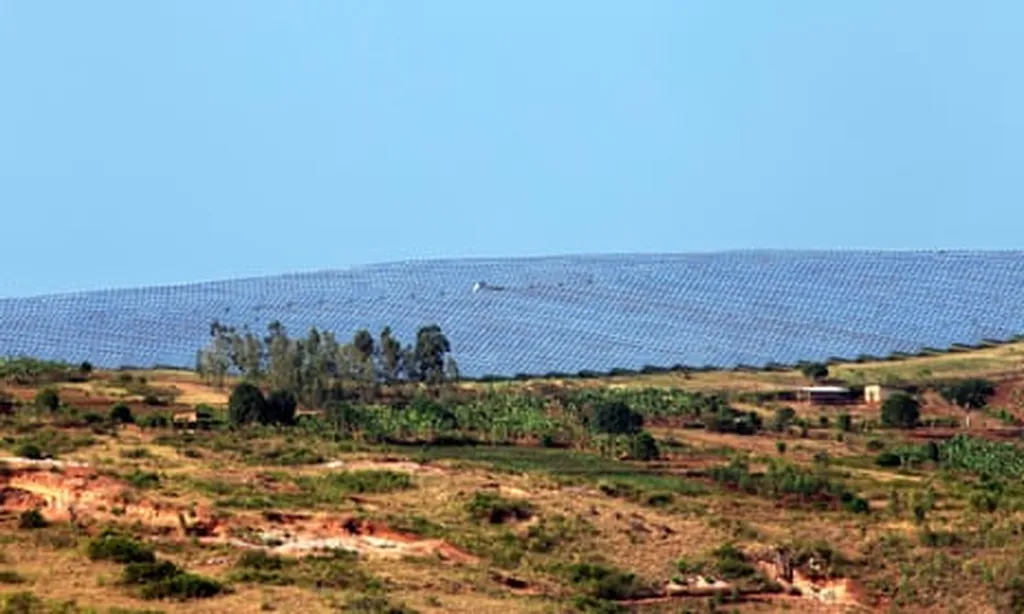Rwanda, a small but densely populated nation in Eastern Africa, is grappling with persistent food insecurity despite its fertile volcanic soil and abundant arable land. With over 60% of its 14 million people living in poverty, the country faces a stark reality: nearly one in five Rwandans lacks reliable access to food, while chronic malnutrition affects nearly a third of children under five. The paradox of high food imports—accounting for over 20% of total imports—while sitting on vast agricultural potential underscores the need for innovative solutions to boost domestic production.
One such solution gaining traction is **Juncao technology**, a sustainable farming method developed at China’s Fujian Agriculture and Forestry University. Unlike traditional mushroom cultivation, which relies on wood substrates, Juncao uses chopped grass—a cheaper, more eco-friendly alternative—to grow edible mushrooms for human and livestock consumption. Since its introduction in Rwanda, the technology has earned the nickname *”the happiness herb”* for its role in improving food security and livelihoods.
Supported by China’s Belt and Road Initiative (BRI), Juncao has expanded to over 4,000 Rwandan farmers, creating jobs and diversifying diets. The mushrooms, nutrient-rich and comparable to meat in protein content, offer an affordable alternative in a country where many families struggle to access animal-based proteins. Schools have also adopted the technology, integrating the mushrooms into meal programs to combat malnutrition and improve student health.
The broader implications of Juncao’s success extend beyond immediate food relief. By enhancing nutrition in schools, the technology helps reduce absenteeism and boosts academic performance, potentially breaking cycles of poverty through education. For farmers, it provides a low-cost, sustainable way to increase yields without over-relying on imports or depleting natural resources.
As Rwanda continues to explore agricultural innovations, Juncao stands out as a model for how technology can bridge gaps in food security while fostering long-term economic resilience. The challenge now lies in scaling such solutions to reach more communities, ensuring that Rwanda’s fertile land translates into lasting prosperity for its people.

